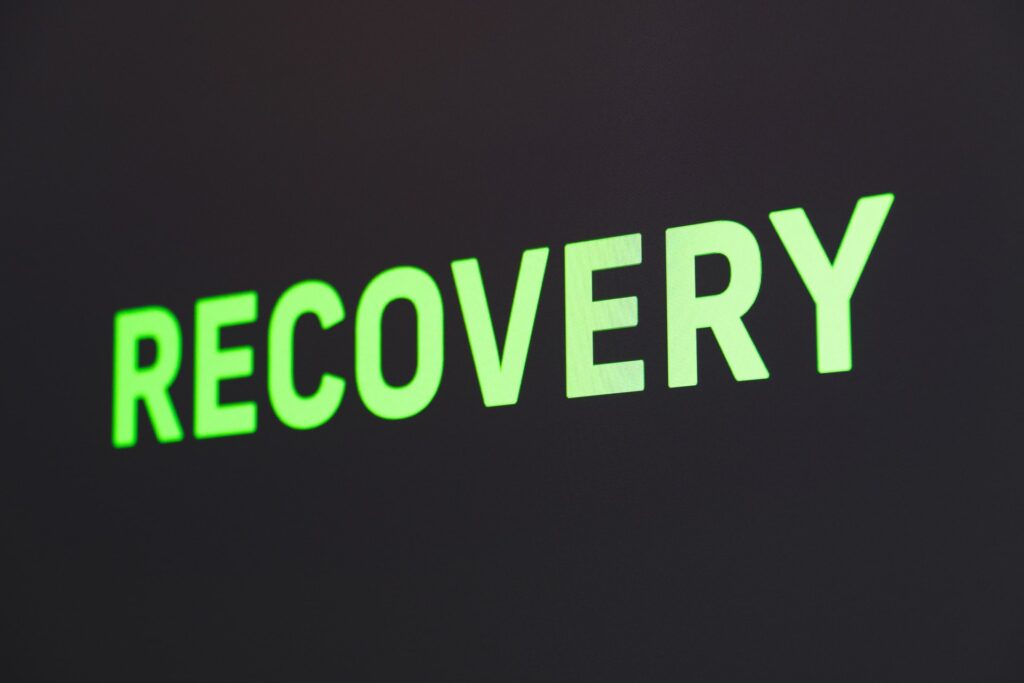
When it comes to addiction recovery, there are many different factors that can make a difference. Some people might recover in a rehab facility, while others might do better with an outpatient program. There are also many different approaches to treatment, and what works for one person may not work for another. So what are the top 10 factors that influence addiction recovery? Read on to find out!
Here Are The Top 10 Factors In Addiction Recovery:
1. Supportive relationships: It’s important to have a supportive network of family and friends who understand you and your struggles with addiction. Having people to talk to and lean on when times get tough can make all the difference in recovery, believes Dr Louis Hampers.
2. Professional help: Seeking professional assistance from an addiction specialist or therapist is essential for long-term recovery success. This type of expert care will provide personalized advice, direction, and guidance throughout the entire recovery process.
3. Medication: Certain medications can be incredibly helpful in reducing cravings and helping patients stay sober over time. However, medication should always be taken alongside other treatments such as counseling or therapy for best results.
4. Self-care: Taking care of your physical and mental health is essential for recovery. This includes getting enough sleep, eating healthy meals, exercising regularly, and practicing relaxation techniques like yoga or meditation.
5. Stress management: Managing stress levels can reduce cravings and help keep relapse at bay. Learning how to practice mindfulness, journaling, and using other coping skills can help keep you focused on the present moment and avoid triggers that could lead to relapse.
6. Healthy lifestyle habits: Establishing new routines and habits such as regular exercise, a balanced diet, avoiding drugs or alcohol in social situations, developing hobbies or interests outside of substance use can all contribute to successful addiction recovery.
7. Goal setting: Setting goals and working towards them can help keep you motivated and accountable throughout your recovery process. It’s important to set realistic, achievable goals that you can work towards each day.
8. Relapse prevention: Understanding the signs of relapse and developing a plan for how to handle those situations is essential for successful addiction recovery. Identifying triggers, having an emergency contact list, avoiding high-risk situations, and seeking out support when needed are all part of a comprehensive relapse prevention plan.
9. Aftercare: Having an aftercare plan in place with ongoing treatment or follow-up appointments is key to maintaining long-term sobriety. Regular check-ins with therapists, attendance at support groups or meetings, involvement in sober activities, and other forms of addiction treatment can help keep individuals on the right track.
10. Hope: Finally, having hope for a better future is one of the most important factors in successful addiction recovery. It may be hard to stay positive in moments of doubt or distress, but maintaining a hopeful outlook and staying focused on your long-term goals will make all the difference in achieving sobriety.
Conclusion:
The road to recovery from addiction is never easy, but with the right support and guidance it is possible. Staying focused on the top 10 factors for successful addiction recovery can help keep you motivated and on-track throughout your journey. With the right tools, treatment, and attitude, long-term sobriety is within reach.